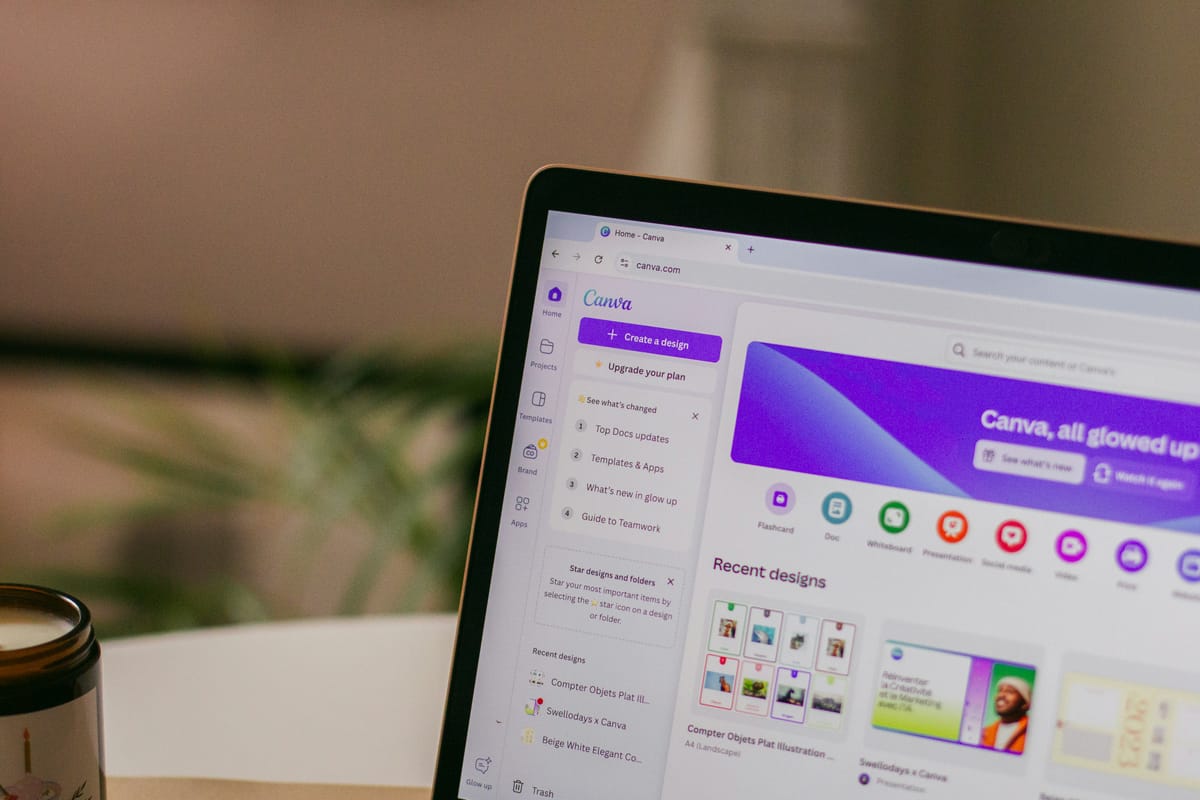Canva Revolutionizes Tech Hiring: AI-Assisted Coding Interviews Now Mandatory
Design giant Canva has sparked heated debate in the tech industry by becoming one of the first major companies to mandate the use of Large Language Models (LLMs) during coding interviews. This groundbreaking policy shift reflects the evolving reality of software development, where AI tools like ChatGPT and GitHub Copilot have become integral to daily programming tasks.
The New Interview Reality
Starting this quarter, Canva's engineering candidates must demonstrate their ability to work alongside AI coding assistants during technical interviews. Rather than testing pure memorization of algorithms, the company now evaluates how effectively candidates can prompt, guide, and collaborate with AI tools to solve real-world problems.
"We're not hiring developers to work in isolation anymore," explains Sarah Chen, Canva's VP of Engineering. "Our teams use AI daily to accelerate development, debug complex issues, and explore creative solutions. It makes sense that our interview process should reflect this reality."
The policy requires candidates to complete coding challenges using approved LLM tools, with evaluators assessing not just the final solution, but the quality of AI prompts, the candidate's ability to review and refine AI-generated code, and their understanding of when to rely on or override AI suggestions.
Industry Disruption in Action
This move positions Canva at the forefront of a broader transformation in tech hiring. While most companies still conduct traditional whiteboard interviews, a growing number of organizations are questioning whether these methods accurately predict job performance in an AI-augmented workplace.
According to recent data from Stack Overflow's 2024 Developer Survey, 76% of professional developers now use AI coding tools regularly, with 43% reporting daily usage. Yet traditional interview processes continue to prohibit these tools, creating a disconnect between hiring practices and actual job requirements.
The Traditional vs. Modern Approach
Traditional coding interviews typically focus on:
- Algorithm memorization
- Data structure knowledge
- Problem-solving without external tools
- Individual performance under pressure
Canva's AI-assisted approach evaluates:
- Prompt engineering skills
- Code review and validation abilities
- AI tool selection and usage
- Collaborative problem-solving with AI
Mixed Reactions from the Tech Community
The announcement has divided opinion among software engineers and hiring managers. Supporters argue that this approach better reflects modern development practices and helps identify candidates who can thrive in AI-enhanced environments.
"Finally, a company that gets it," tweeted senior developer Alex Rodriguez. "I use Copilot for 80% of my work. Why would you hire someone who can't do the same?"
However, critics worry about potential downsides. Some argue that excessive reliance on AI tools during interviews might mask fundamental programming weaknesses or reduce the emphasis on core computer science principles.
"There's a risk we're optimizing for AI collaboration at the expense of deep technical understanding," warns Dr. Michael Torres, a computer science professor at Stanford University. "Strong fundamentals still matter when AI fails or produces incorrect solutions."
What This Means for Job Seekers
For developers preparing for Canva interviews, this shift requires a new kind of preparation. Candidates must now develop skills in:
- Prompt Engineering: Crafting clear, specific instructions for AI tools
- AI Output Evaluation: Quickly identifying and correcting AI-generated errors
- Tool Selection: Choosing the right AI assistant for specific tasks
- Hybrid Problem-Solving: Combining human insight with AI capabilities
Industry experts recommend that job seekers practice with popular AI coding tools like GitHub Copilot, ChatGPT, and Claude, focusing on building collaborative workflows rather than treating AI as a replacement for technical knowledge.
The Future of Tech Hiring
Canva's bold move may signal the beginning of a broader industry shift. As AI tools become more sophisticated and widespread, other major tech companies are likely to follow suit, potentially making AI-assisted interviews the new standard within the next two to three years.
This evolution doesn't diminish the importance of fundamental programming skills. Instead, it acknowledges that modern software development is increasingly about effective human-AI collaboration rather than pure individual coding ability.
Key Takeaways
Canva's mandatory use of LLMs in coding interviews represents more than just a policy change—it's a recognition that the future of software development is collaborative, AI-enhanced, and fundamentally different from the past. While controversial, this approach may better prepare both companies and candidates for the realities of modern tech work.
For job seekers, the message is clear: developing AI collaboration skills is no longer optional—it's essential for career success in the evolving tech landscape.
